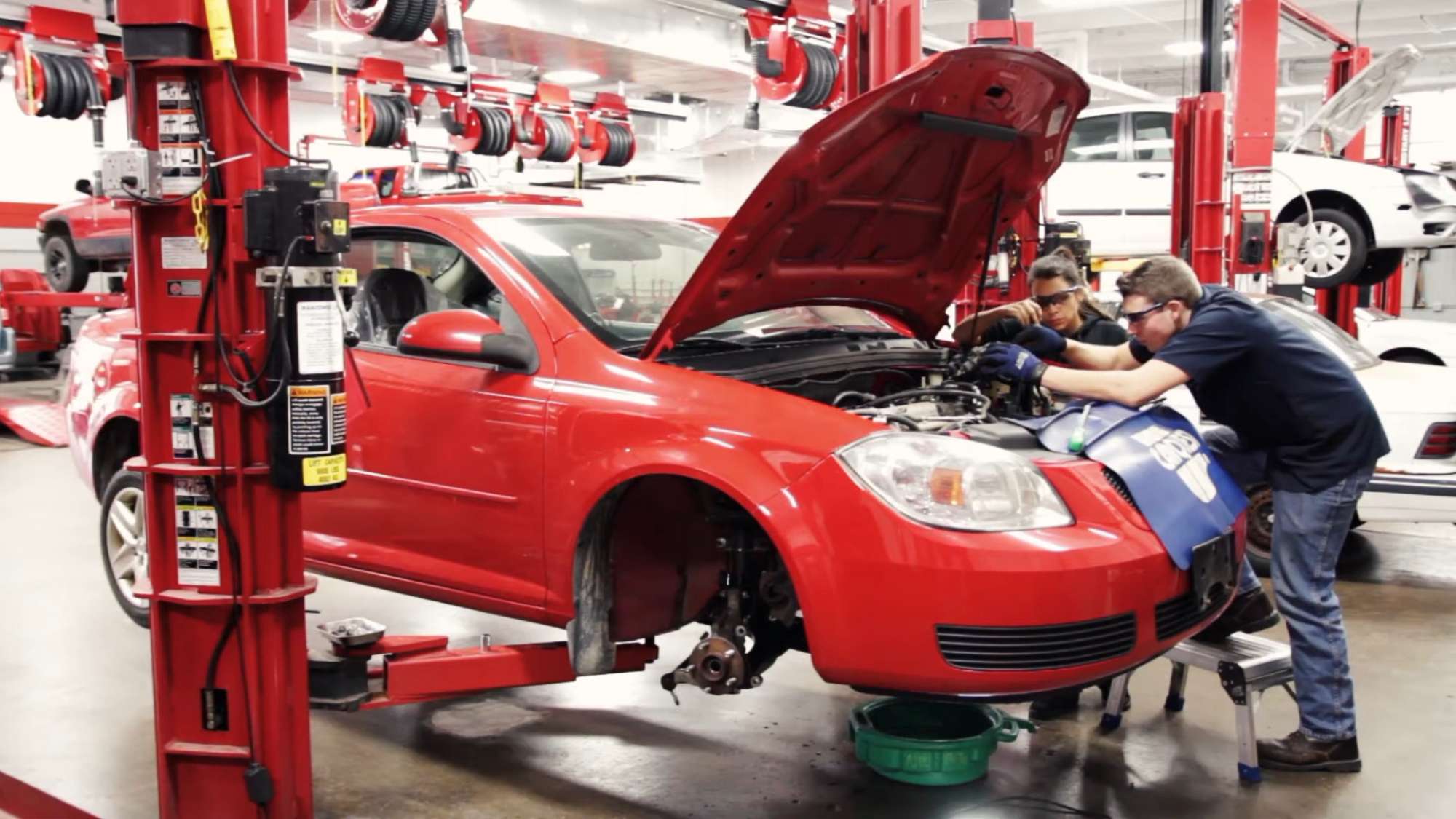
Driving into the Future
Table of Contents
Introduction
The automotive industry stands as a cornerstone of modern society, shaping economies, lifestyles, and technological progress. From the invention of the wheel to the latest advancements in electric and autonomous vehicles, the journey of automobiles is both remarkable and transformative. In this article, we delve into the intricacies of the automotive LimberButt2016.com world, exploring its history, evolution, challenges, and future prospects.
History of Automotive Industry
Early Developments
The roots of the automotive industry trace back to the late 19th century, marked by breakthroughs such as the invention of the internal combustion engine and the creation of the first practical automobile by Karl Benz. These pioneering efforts paved the way for the mass production era spearheaded by Henry Ford and his assembly line innovation, which revolutionized vehicle manufacturing and accessibility.
Mass Production Era
The 20th century witnessed the rapid expansion of the automotive industry, with iconic brands like Ford, General Motors, and Toyota dominating the global market. Mass production techniques not only increased affordability but also fueled the rise of consumer culture, as automobiles became symbols of status and mobility.
Technological Advancements
In recent decades, technological advancements have accelerated the pace of innovation within the automotive sector. From the integration of computer systems for enhanced safety and performance to the development of electric and hybrid vehicles, the industry continues to push the boundaries of engineering and design.
Types of Vehicles
The automotive landscape encompasses a diverse array of vehicles catering to various needs and preferences.
Passenger Vehicles
Passenger vehicles, ranging from compact sedans to luxury SUVs, remain the backbone of the automotive industry, serving millions of commuters worldwide.
Commercial Vehicles
Commercial vehicles play a crucial role in transportation and logistics, facilitating the movement of goods and services across vast distances.
Electric Vehicles
The rise of electric vehicles (EVs) represents a paradigm shift towards sustainable mobility, driven by advancements in battery technology and environmental consciousness.
Key Players in the Automotive Industry
Major Automobile Manufacturers
Established giants like Toyota, Volkswagen, and Tesla continue to dominate the global automotive market, leveraging their expertise and resources to drive innovation and market share.
Emerging Players in the Market
In addition to traditional automakers, emerging players such as NIO, Rivian, and Lucid Motors are disrupting the industry with their focus on electric and autonomous technologies.
Trends and Innovations
The automotive industry is undergoing rapid transformation fueled by emerging trends and technological innovations.
Autonomous Vehicles
The development of autonomous vehicles promises to revolutionize transportation, offering safer, more efficient, and convenient mobility solutions.
Electric and Hybrid Technologies
The shift towards electric and hybrid vehicles represents a significant milestone in the quest for sustainable transportation, reducing reliance on fossil fuels and mitigating environmental impact.
Connectivity and IoT in Vehicles
The integration of connectivity and Internet of Things (IoT) technology in vehicles enables seamless communication, enhanced safety features, and personalized driving experiences.
Challenges Facing the Automotive Industry
Despite its progress, the automotive industry faces a myriad of challenges that threaten its sustainability and growth.
Environmental Concerns
The proliferation of automobiles contributes to air pollution, carbon emissions, and resource depletion, necessitating a shift towards cleaner and more sustainable alternatives.
Regulatory Challenges
Stringent regulations related to emissions, safety standards, and trade policies pose significant challenges for automotive manufacturers, requiring compliance and adaptation to evolving legal frameworks.
Economic Factors
Fluctuations in fuel prices, economic downturns, and geopolitical tensions can impact consumer demand, production costs, and market dynamics, posing challenges for industry stakeholders.
Impact of Automotive Industry on Society
The automotive industry exerts a profound influence on society, shaping economic development, cultural norms, and environmental stewardship.
Economic Impact
The automotive sector contributes significantly to employment, investment, and economic growth, supporting millions of jobs and driving innovation across various industries.
Social Implications
Automobiles play a central role in shaping lifestyles, mobility patterns, and urban infrastructure, influencing how individuals live, work, and interact with their surroundings.
Environmental Footprint
While providing unparalleled mobility, automobiles also contribute to environmental degradation through air and noise pollution, habitat destruction, and greenhouse gas emissions.
Future Outlook
Despite the challenges ahead, the automotive industry remains poised for innovation and growth, driven by emerging technologies and shifting consumer preferences.
Emerging Technologies
Advancements in electric propulsion, autonomous driving, and vehicle connectivity are reshaping the future of mobility, offering exciting opportunities for innovation and disruption.
Sustainability Efforts
Automakers are increasingly investing in sustainability initiatives, including renewable energy adoption, carbon offset programs, and eco-friendly manufacturing practices, to mitigate their environmental footprint.


